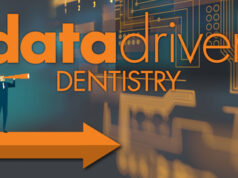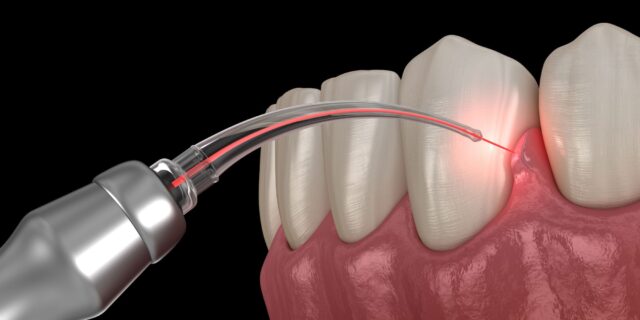
Light Amplification by Stimulated Emission of Radiation, or LASER, is a term that we’re all accustomed to! Applicable over a vast range of operations, today, lasers are used for eye surgery technology, tattoo removal techniques, hair replacement, and even the teeth!
Yes, lasers have evolved to be an integral part of dentistry with Laser Dentistry. But, what is it all about? Continue reading to get more information around the subject and understand everything around the procedure.
What Is Laser Dentistry?
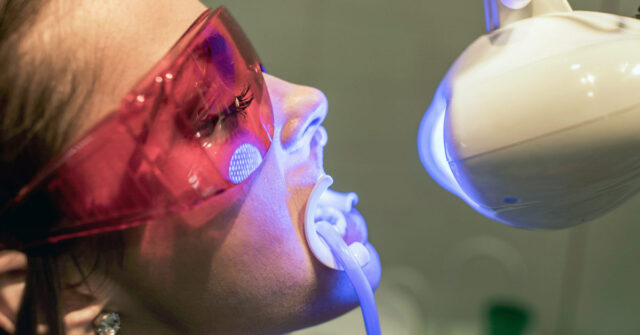
Laser dentistry, which has been present since the 1990s, uses lasers to treat a wide range of tooth disorders and diseases. It’s a less invasive alternative to more invasive treatments, including cavity fillings, gum disease therapy, and root canals, among others.
During the process, your dentist uses a high-powered laser that emits light energy to eliminate tissues during laser dentistry operations. This process simplifies the manual scalpels which were initially used to remove tissues in traditional dental treatments.
Why Should You Go for Laser Dentistry?
Treating your teeth with the laser has been the most convenient option today. It enhances the overall health of your teeth and gums with greater efficiency in dental operations and surgeries. So let’s jump onto why you should go for Laser dentistry for your oral health!
1. It reduces pain
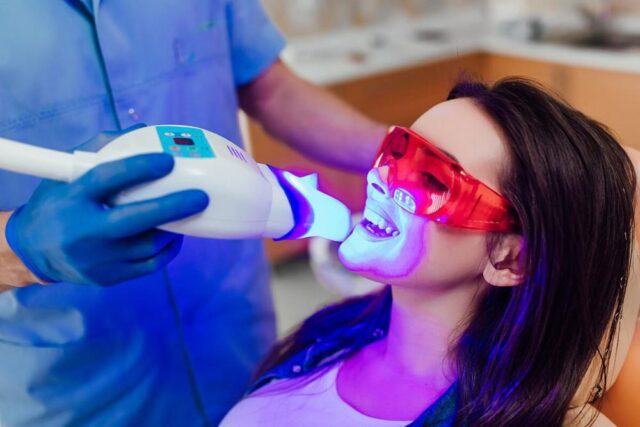
Dental laser procedures are much more apt in lessening the pain in the mouth while operating, unlike traditional surgical methods, which involve loud drills to deal with your teeth and gums that cause pain and vibration. Moreover, today’s dental procedures through lasers don’t even require giving anesthesia to the patients. Therefore, as the pain reduces, there is a higher chance of rapid recovery, making room for fewer complications during the treatment.
2. Lessens dental anxiety
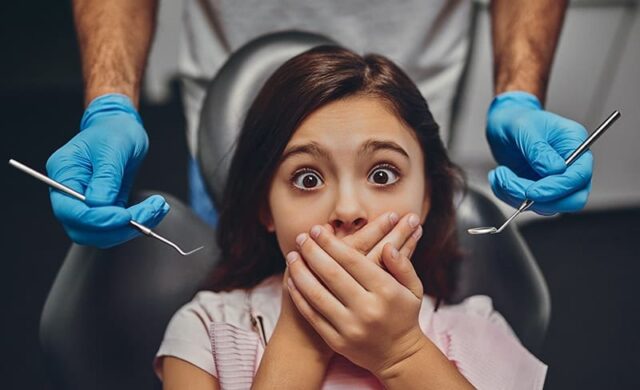
It fills the mind with anxiety and tension whenever you think of surgery or operation. Thanks to the ultramodern alternative of traditional surgical procedures, a sigh of relief as it narrows down the risk of getting the treatment to fail. As a result, today’s patients are not much bothered with having a dental procedure.
3. Minimal trauma to gums and teeth
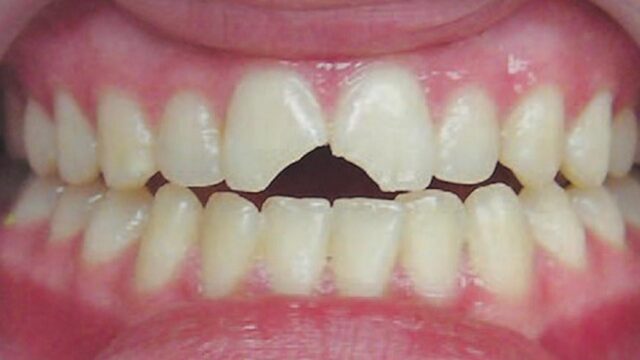
As laser procedure focuses only on the affected part without impacting nearby areas, it eliminates the chances of tooth decay along with bone and gum tissue. Moreover, some laser procedures don’t need stitches, ensuring minimal trauma to the teeth and gums. The minimally invasive laser dentistry helps the patients to retain most of the natural composition of the vital oral structures.
4. Eliminates subsequent after effects
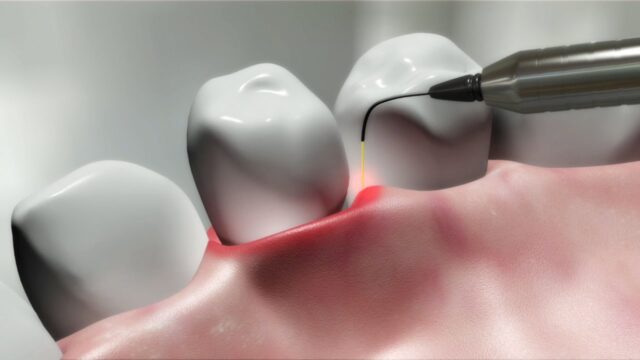
You might have seen many surgical procedures have their after-effects in the areas nearby the operated place. Here lasers are pretty effective in removing the cavities before filling. Having the process done can relax patient from the fear of the growth of new bacteria and the last longing of tooth filling. Additionally, traditional procedures, including dental drill’s pressure and vibrations, can cause damage or fracture to adjacent teeth. But using modern laser procedures diminishes these problems arising nearby teeth.
5. Deteriorates swelling and bleeding
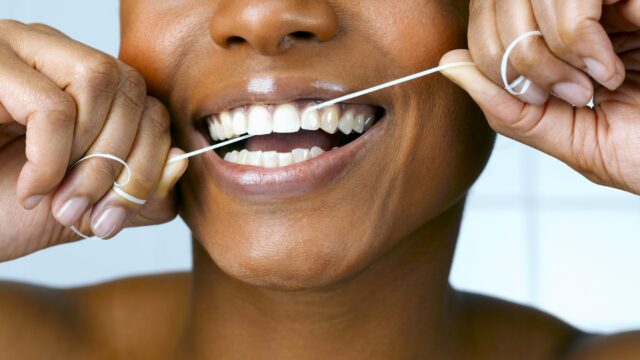
Lasers are more apt to target the affected area as it cauterizes soft tissues; the patient will experience minor bleeding and swelling than traditional scalpels and drills. It ultimately has a lower risk of growing any infection while having the procedure, reducing the recovery time.
6. Reduces the chances of infections
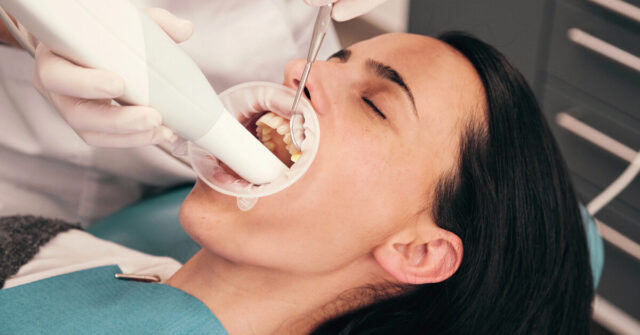
Laser treatment is quite popular among the masses as the laser beams help sterilize their contact area. The sterilization process eliminates the chances of complications, including the probability of infection and the spread of bacteria.
7. Safeguards your healthy tooth
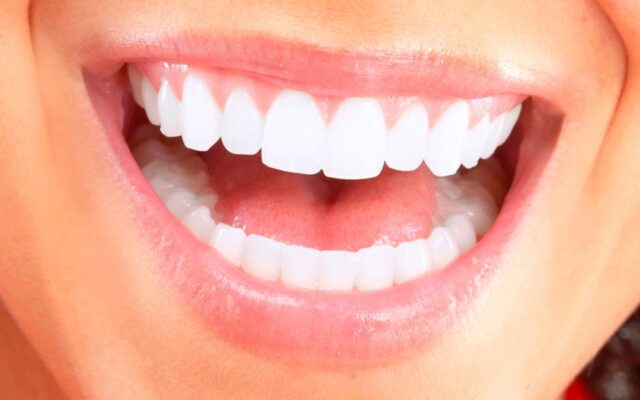
Tooth health has always been vital for individuals, and the services from a well-qualified dentist who knows how to treat your infected tooth and preserve the healthy one. So, reaching out to experienced dentists fuels the chances of having a fair treatment of your teeth as they know how to handle lasers and are more fully dealt with new procedure tactics through laser beams than traditional drills.
The dentist might not even need to remove as much tooth material while filling the cavity, resulting in natural and stable teeth as huge fillings crumble and require additional treatment.
Types Of Laser Treatments
Depending on the type of treatment, laser treatments are specifically divided into four categories:
- Diode laser treatment
- CO2 laser treatment
- Erbium laser treatment
- YAG laser surgery
Soft Tissue Procedures
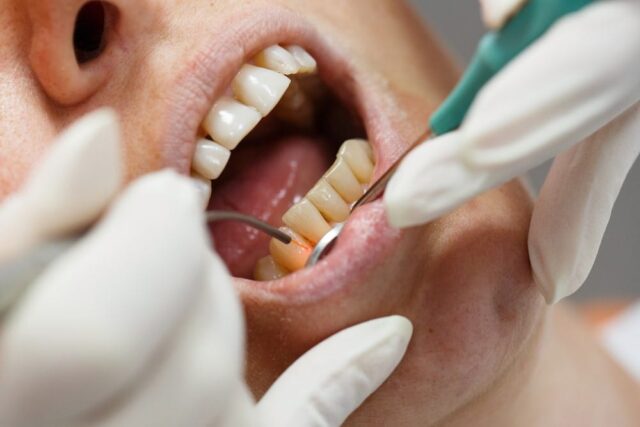
- Gingivectomy – Sometimes known as gum contouring or gum reshaping, a gingivectomy is a cosmetic dental surgery that removes gum tissue to modify the gum line.
- Dental Crown lengthening – Your dentist may require crown lengthening before placing dental restorations such as a crown or implant. During this operation, the underlying bone and gum tissue are reshaped to expose healthy tooth structure.
- Removal of folds – Soft tissue folds can be removed if your dentures aren’t fitting properly. For soft tissue abnormalities, lasers offer a stitch-free and less painful solution.
- Gum disease treatment – Laser dentistry can help you prevent having to have gum surgery in the future. Lasers, in particular, can disinfect deep periodontal pockets without causing discomfort, thereby eradicating bacteria that cause gum disease. Gum inflammation caused by gingivitis or periodontal disease can also be treated using dental lasers.
Hard Tissue Procedures
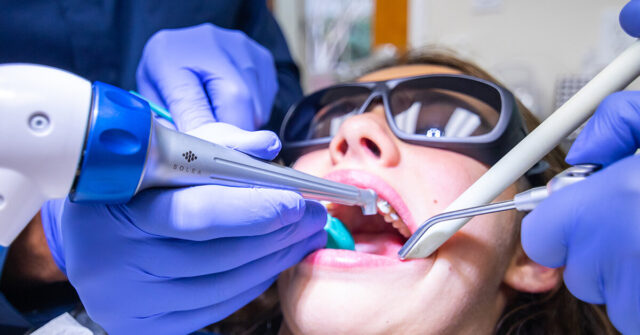
- Tooth decay treatment – Certain lasers can detect tooth decay (cavities) early and treat it. They can also eliminate decay-causing bacteria and cavities in teeth without using typical drilling methods.
- Treatment for hypersensitivity – Dental sensitivity is a typical sign of cavities and thin enamel. Lasers can seal tubules on the root of your tooth, reducing sensitivity.
- Root canal laser treatment – Using a laser to access the root canal helps remove defective tissue, clean, sterilize, and shape the canal, and then fill it using laser therapy. However, it is always advisable to get more information on the treatment before opting for it.
Now You Know!
The implications of lasers in dentistry have been an active practice for around 30 years now! However, new technological breakthroughs have increased their popularity in recent years.
While dental lasers provide numerous advantages over traditional manual scalpels and dental tools, it is always advisable to get more information by consulting a trained professional rather than opt for such services directly.

